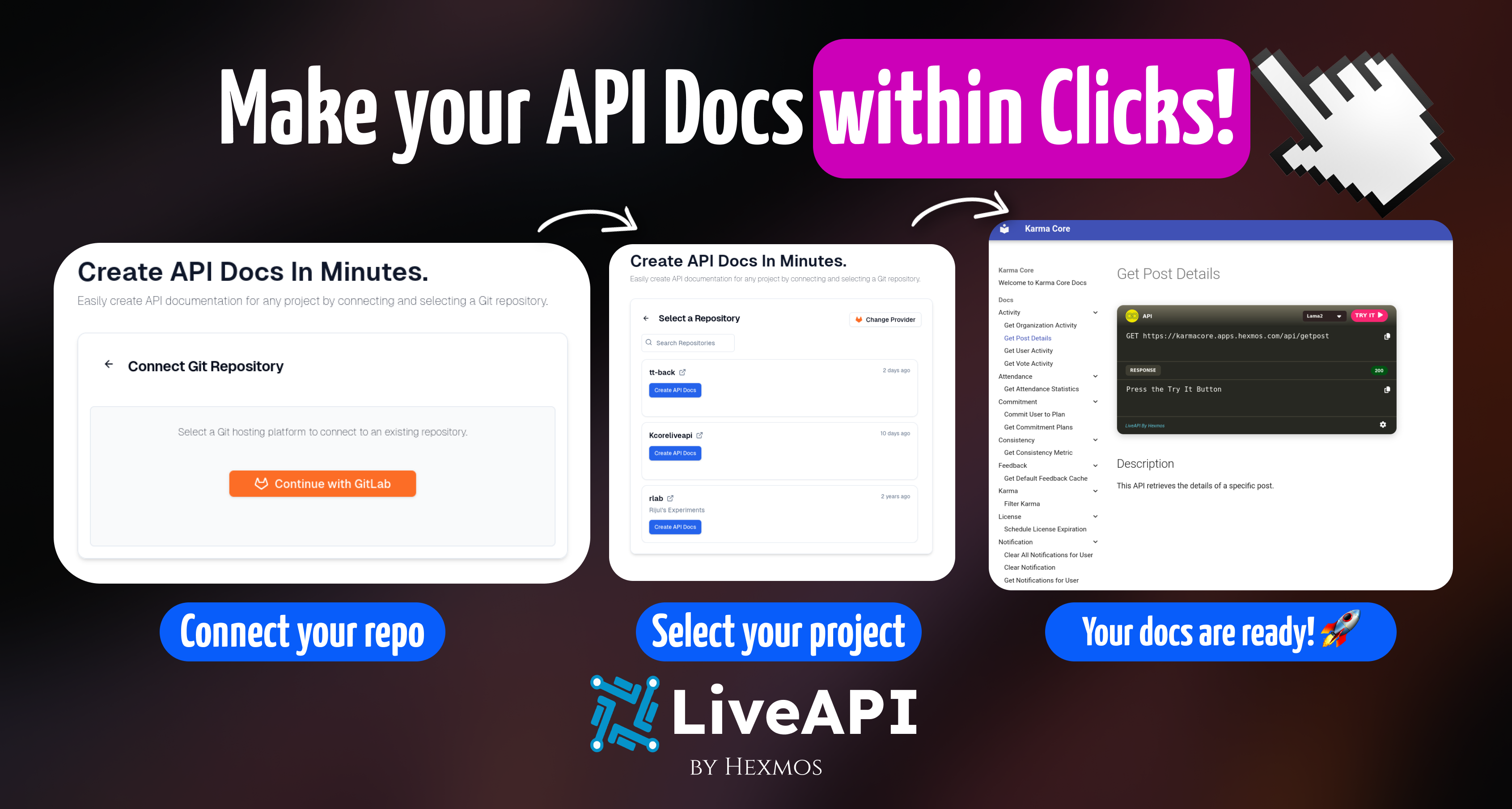AI Meets Developers: How Artificial Intelligence is Revolutionizing Developer Tools
In the fast-paced world of software development, efficiency and innovation are key. With the increasing complexity of APIs and the growing need for seamless integration, artificial intelligence (AI) has emerged as a game-changer. By automating tasks, simplifying workflows, and enhancing developer productivity, AI-powered tools are reshaping the landscape of API development and management.
The Challenge of Modern API Development
APIs have become the backbone of modern software systems, enabling applications to communicate and share data. However, creating, managing, and documenting APIs can be time-consuming and prone to errors. Developers often struggle with keeping documentation up-to-date, debugging integration issues, and ensuring API reliability. These challenges highlight the need for smarter tools that can streamline the process and reduce manual effort.
Enter AI-Powered Developer Tools
Artificial intelligence is transforming how developers interact with APIs. By leveraging AI, developers can now automate tedious tasks, gain actionable insights, and focus on building innovative solutions. Here are some ways AI-powered tools are making a difference:
1. Automated API Documentation

Keeping API documentation up-to-date has always been a challenge, especially for dynamic codebases. Tools like LiveAPI solve this problem by automatically generating interactive, AI-powered API documentation. By connecting directly to a Git repository, LiveAPI ensures that your docs are always in sync with your codebase.
2. Debugging and Testing APIs
Debugging APIs can be a frustrating experience, especially when dealing with complex integrations. Tools like RapidAPI have incorporated AI features to suggest fixes, auto-generate test cases, and even identify potential issues before they escalate. These capabilities reduce debugging time and help ensure the reliability of APIs in production.
3. Smart Code Generation
Writing client libraries and integration code for APIs can take up significant developer time. AI-powered tools like OpenAPI Generator automatically generate client libraries in multiple programming languages, saving hours of effort. Similarly, LiveAPI offers code generation from the API definitions in over 15 languages, directly from its interactive documentation interface.
4. API Performance Monitoring
AI is also being used to enhance API performance monitoring. Tools like New Relic and Datadog use machine learning algorithms to analyze API usage patterns, identify anomalies, and suggest optimizations. This proactive approach ensures high availability and optimal performance for API-dependent applications.
5. AI-Driven API Security
With the rise in cyber threats, API security has become a top priority. AI tools like Wallarm analyze API traffic to detect vulnerabilities and prevent attacks. These tools use AI to learn from past threats and continuously improve their security measures, giving developers peace of mind.
The Future of AI in API Development
The integration of AI into API development is just the beginning. Here are a few trends we can expect to see in the near future:
- Predictive Insights: AI will provide predictive analytics for API usage, helping developers anticipate user behavior and scale resources accordingly.
- Conversational Interfaces: Imagine being able to query your API documentation or debug issues using natural language. AI-powered chatbots and assistants are likely to make this a reality.
- Deeper Integration with DevOps: AI tools will become an integral part of the DevOps pipeline, automating API testing, deployment, and monitoring with minimal manual intervention.
Conclusion
While AI-powered tools offer numerous benefits, it’s important to choose the right ones based on your team’s needs. For example:
- If you’re struggling with outdated documentation, LiveAPI can automate the process and keep your docs in sync.
- For robust API testing and debugging, RapidAPI is an excellent choice.
- To ensure security, tools like Wallarm and 42Crunch are worth exploring.
AI is revolutionizing the way developers interact with APIs, making workflows more efficient and reducing the manual overhead associated with API management. By embracing AI-powered tools, developers can focus on what they do best: building great software.